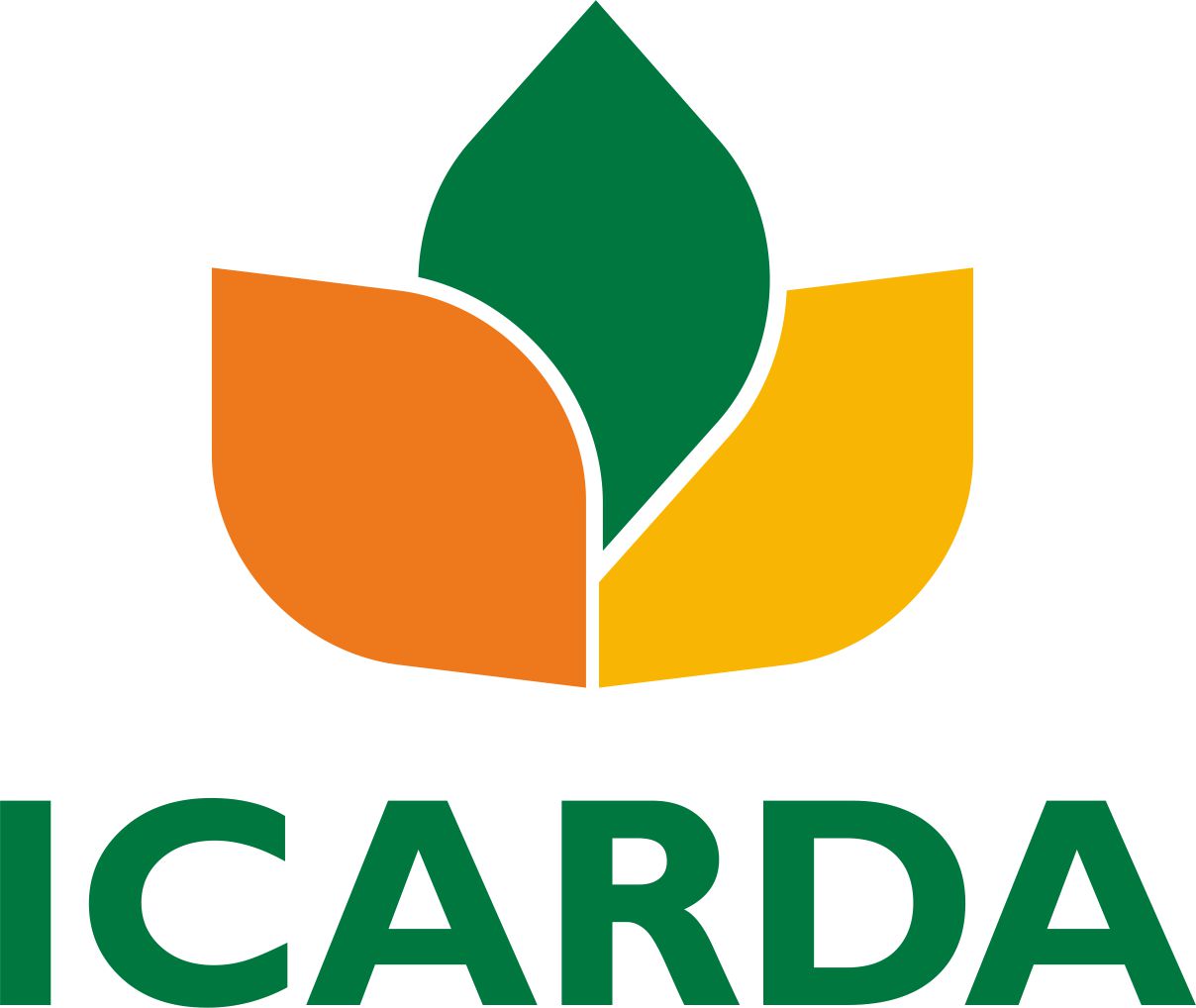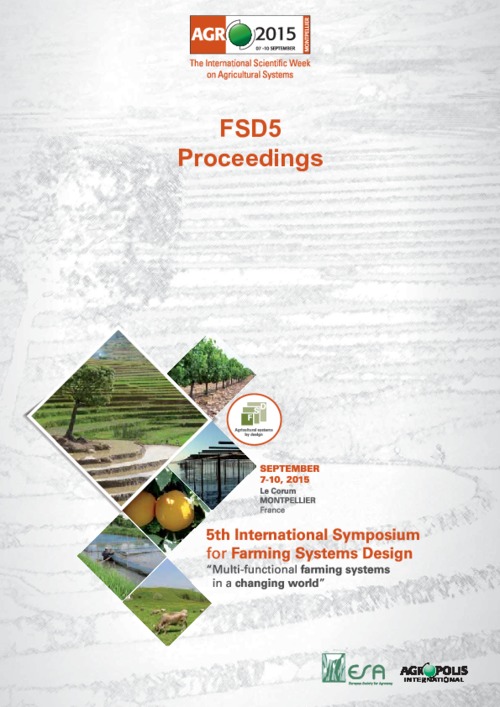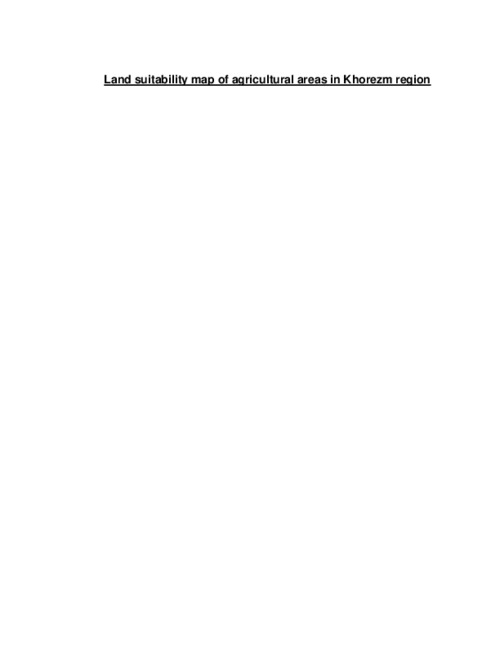Location
The International Center for Agricultural Research in the Dry Areas (ICARDA) was established in 1977. It is one of 15 such centers supported by the CGIAR. ICARDA’s founding mandate to promote agricultural development in the dry areas of developing countries remains highly relevant today.
ICARDA works with a tight focus on the problem-solving needs of resource-poor farmers, achieving this through the in-field delivery of its research outputs. Although global food production has increased by 20 per cent in the past decade, food insecurity and poverty remain widespread, while the natural resource base continues to decline.
International research centers such as ICARDA, which have helped drive previous improvements, continue to deliver new technologies to support sustainable growth in agriculture, and crucially, to work with a wide range of partners to accelerate the dissemination of these technologies.
ICARDA’s biggest strength is its staff – 600 highly skilled men and women from 32 countries. Our research and training activities cover crop improvement, water and land management, integrated crop-livestock-rangeland management, and climate change adaptation.
Other interventions include:
- Water harvesting - supplemental irrigation and water-saving irrigation techniques
- Conservation agriculture methods to reduce production costs and improve sustainability
- Diversification of production systems to high-value crops – horticulture, herbal and medicinal plants
- Integrated crop/rangeland/livestock production systems including non-traditional sources of livestock feed
- Empowerment of rural women – support and training for value-added products.
The ICARDA genebank holds over 135,000 accessions from over 110 countries: traditional varieties, improved germplasm, and a unique set of wild crop relatives. These include wheat, barley, oats and other cereals; food legumes such as faba bean, chickpea, lentil and field pea; forage crops, rangeland plants, and wild relatives of each of these species.
ICARDA’s research portfolio is part of a long-term strategic plan covering 2007 to 2016, focused on improving productivity, incomes and livelihoods among resource-poor households.
The strategy combines continuity with change – addressing current problems while expanding the focus to emerging challenges such as climate change and desertification.
We work closely with national agricultural research systems and government ministries. Over the years the Center has built a network of strong partnerships with national, regional and international institutions, universities, non-governmental organizations and ministries in the developing world and in industrialized countries with advanced research institutes.
THE ‘DRY AREAS’
Research and training activities cover the non-tropical dry areas globally, using West Asia, North Africa, Central Asia and the Caucasus as research platforms to develop, test, and scale-out new innovations and policy options.
Dry areas cover 41 per cent of the world’s land area and are home to one-third of the global population. About 16 per cent of this population lives in chronic poverty, particularly in marginal rainfed areas. The dry areas are challenged by rapid population growth, frequent droughts, high climatic variability, land degradation and desertification, and widespread poverty. The complex of relationships between these challenges has created a "Poverty Trap."
Members:
Resources
Displaying 256 - 260 of 431Concepts and Methods of Global Assessment of the Economics of Land Degradation and Improvement
The Economics of Land Degradation (ELD) initiative seeks to develop a science basis for policy actions to address land degradation. The purpose of this chapter is to provide with a conceptual framework and sound and feasible methodological standards for ELD assessments at global and national levels. Only if some basic standards are identified and adhered to, comparative assessments can be conducted between countries and useful aggregation of findings, based on these case studies, can be achieved.
Soil nutrient balance, economic performance and scenarios for closing nutrient gaps in heterogeneous smallholder farm systems in south-western Burkina Faso
Sub-Saharan Africa suffers widespread nutrient mining, raising the problem of insustainable intensification. Understanding the relationship among soil nutrient balance, intensification and farm’s economic performance can help improve the efficiency of policy intervention, as well as contribute to the body of knowledge for farm design. This study’s main objectives were to analyse the soil nutrient balances of different farm types and their linkage with farm economic performances and to evaluate scenarios for replenishing soil nutrients in smallholder farms.
Economic of Land Degradation in Centra Asia_Newsletter, #2, 7 August 2015
In this issue: ELD CA National teams defined and visited pilot research sites. ELD CA Initiative presented at the International Water Forum of Mountain Countries. ELD CA National teams defined ecosystem services and their valuation methods. ELD CA and UNDP BIOFIN project in Kazakhstan defined the cooperation during the
meeting in Astana. Strengthened the cooperation between ELD CA and partners in the region. Description of research pilot sites in the ELD approach in Central Asian countries.
Database of climate, crop soil and management as required to calibrate and validate the models
The database consists of data on soil properties of both on station and 20 farmer fields, household characteristics of 301 households, woreda level crop production statistics for the past 5 years, land use maps and data and long-term historical climate data for Adamitullu in Oromia region, Ethiopia
Land suitability map of agricultural areas in Khorezm region
An attempt was made to assess the land condition while taking into consideration environmental and socio-economical parameters that could be drivers of ongoing land degradation processes. Many of these variables have spatial and temporal characteristics and can therefore be monitored through GIS-based tools thus contributing valuable information for assessing land degradation risk.







